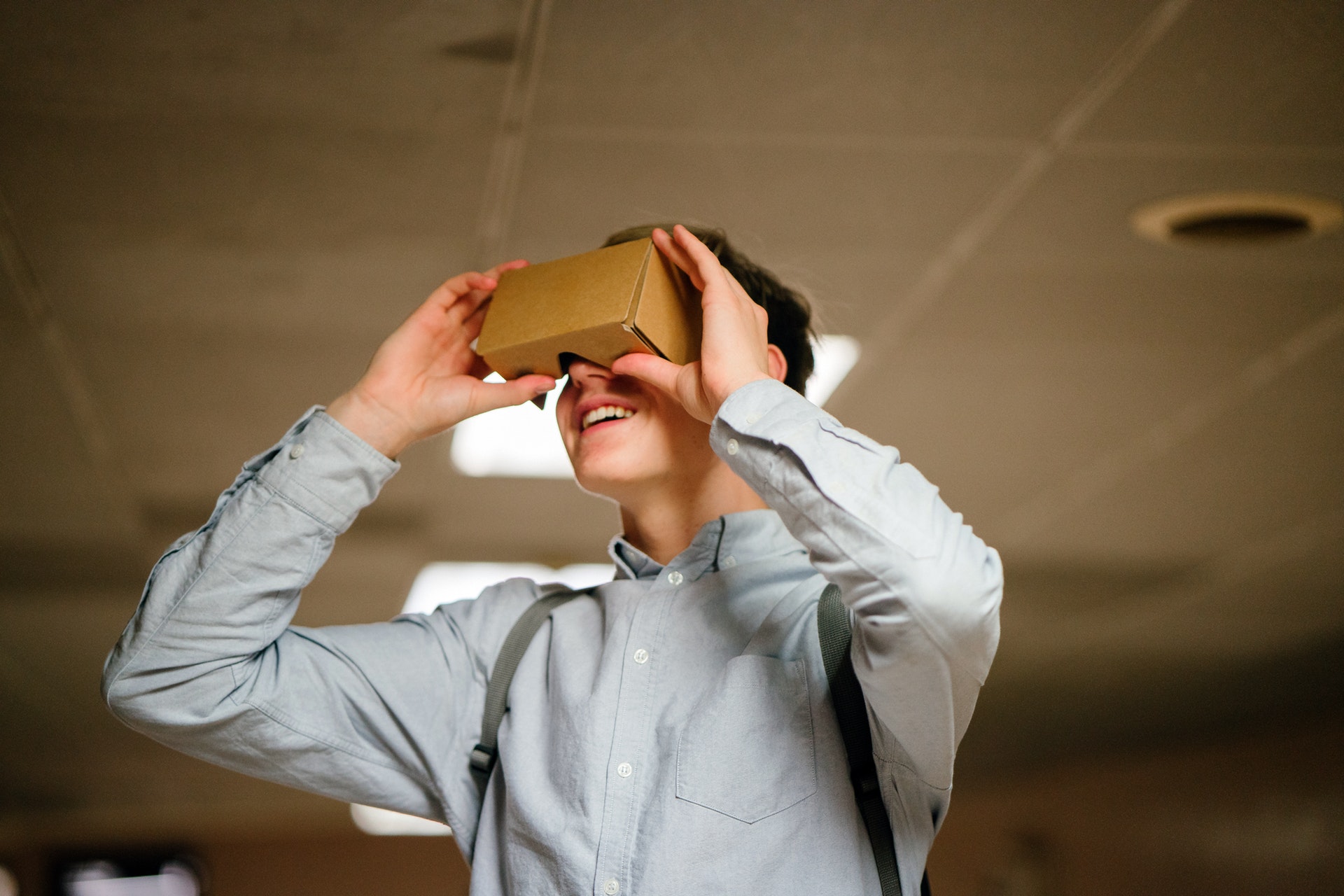
Productivity Mindset every Entrepreneur Should Keep
Most entrepreneur say this “I wish I knew how to be more productive with my time.”
If that sentence sounds familiar, don’t worry, you’re not alone.
People across the globe are constantly tinkering with their schedules and coming up with new routines in an attempt to optimize their time.
But, why are we so determined to become more productive with our time?
For some, it could be the desire to succeed that drives them to want to increase their productivity levels. Others might just be worried that they’re becoming too distracted during their day thanks to social media and the countless other things that are fighting for their attention.
Whatever your reason is for wanting to learn how to be more productive, you’ll be pleased to know that there are lots of tips and tricks that you can use to help you do more with less time.
And that’s what productivity is all about. Creating checklists and ticking off tasks doesn’t equal productivity – it’s all about working smarter, not necessarily harder.
To help you to understand how you can be more productive, we’ve listed our best tactics that we use to optimize our time, and increase productivity at work.
Okay, let’s dive into it!
Mind Over Mattress
The battle to increase your productivity starts every single morning, and your snooze button is your worst enemy.
If you set an alarm, you need to wake up when it first rings. It’s as simple as that.
Think about it – you’ve already taken some time out of your day to think about when you want to wake up, so you owe it to yourself to deliver.
Research from Eos Sleep found that “hitting the snooze button is, in fact, bad for sleep and can leave you groggier and more tired than initially getting out of bed after the first alarm.”
So, it’s a fight between your mind and your mattress – you need to make sure that you don’t start your day off with a defeat.
When you hear that alarm you need to get up, get ready, and get to work.
Channel Your Focus
Everybody has a limit to the amount of things that they can tackle during the day.
That’s why it’s all about working smarter, not harder.
A good way to get started with working smarter is to understand how you can prioritize your tasks around your body’s ultradian rhythms. And when I talk about ultradian rhythms, I’m essentially talking about our body’s internal clock.
Now, according to our ultradian rhythms, most people are able to focus better in the morning, and this is where a lot of people slip up – they tend to ease themselves into work by taking care of remedial tasks first, but they’re doing so during the time of day when they’re best able to focus.
Of course, if you do this consistently then you’re missing out on a huge opportunity to optimize your time, especially if you’re somebody who is trying to learn how to be more productive.
To try and avoid this situation, we recommend trying to schedule your daily tasks so that they match up with your peak performance hours for that type of task.
Give it a try, and watch how much more you can achieve during your day.
Set Goals and Keep Them in Sight
Wanting to be productive is one thing, but try to understand what it is that is driving you.
Every morning I like to ask myself three questions:
“What do I want to achieve?”
“Am I moving closer to achieving that goal?”
“Is what I’m working on right now the most important task on my to-do list?”
Sometimes I’ll have the same answer for these questions for a couple of days in a row, and that’s totally fine.
The most important thing is to make sure that you’re tracking where you’re currently at, and how far away you are from the finish line.
If you want to learn how to be more productive, always remember to keep the finish line in sight – that way it’ll be much easier to find your way to success.
Don’t Try to Multitask
It makes a ton of sense though – our brains simply aren’t hardwired to be able to approach multiple different tasks and focus on them all equally.
Seriously, multitasking is doing you more harm than good.
In fact, one recent study found that the percentage of people who can effectively multitask falls at 2.5%. I’m no statistician, but that was probably much lower than expected.
It makes a ton of sense though. Our brains aren’t really hardwired to multitask, and a recent study conducted at the University of London found that multitasking slows you down, and even lowers your IQ.
There’s also research from the University of Sussex which found that multitaskers have less brain density in their anterior cingulate cortex – the region responsible for empathy as well as cognitive and emotional control.
So, it’s time to ditch the idea that we can achieve more during our day by trying to multitask, and it’s time to approach individual tasks with laser-focus instead.
Remember to Exercise
If you’ve ever finished an intense workout and felt amazing, you already know just how many endorphins exercise can release.
But it isn’t just that feel-good factor which makes us recommend exercise – it’s also great for reducing stress, anxiety, helping you to feel self-accomplished, and helping you to stay focused.
Combine all of these positives together, and it becomes clear why regular exercise is so great for those who want to increase their productivity.
You might be wondering what the best time to exercise is, or how often you should exercise, and the truth is: that’s totally up to you.
If you can make it to the gym four times a week before work, then that’s great – I’m sure you’ll feel great after your workouts.
And if you don’t have any time to hit the gym, then that’s not a problem – instead look for ways that you can incorporate exercise into your daily routines, like walking to the office, or taking the stairs instead of the lift
Remember to Stay Hydrated
When I was learning how to be productive, I found a couple of things really helped me out, but this was a game changer for me.
Staying hydrated is something that I take very seriously as I’ve found that it really helps me to maintain a high level of productivity through the day.
But, why?
Well, even mild dehydration can affect your affect your mood, your energy, and your ability to think clearly.
I’m sure that you can agree, none of those side effects sound appealing, and that’s even without factoring in how it can affect your productivity levels or even your cognitive ability.
Here’s my strategy: in the morning I grab two 1 litre bottles of water from the fridge (and a coffee) and place them on my desk in plain sight.
Why? Well, this way the liquids are readily available for me, so it’s easy to make sure that I’m keeping a steady intake of fluids throughout the day.
Staying hydrated helps me to stay focused, and ensures that I’m being productive with my time.
It’s a win-win situation really. Fantastic for your productivity levels and your health.
Spend Your Downtime Wisely
If you’re trying to learn how to be productive, try to think critically about how you spend your downtime, and ask yourself if you’re setting yourself up to be productive outside of your work hours too.
When you’ve finished work for the day, you’ve got a golden opportunity to relax and prepare a nice meal to help you recover for the next day. But, is that what you do?
If you’ve got a lengthy commute to the office, how do you spend it? Are you mindlessly scrolling through Instagram to find the best dog memes, or are you listening to a podcast or using an app which could provide you with more value?
One thing that I like to do during my commute is use language learning apps like Memrise – it helps me to achieve small goals on the way to work, and it really sets my mind up to be productive through the day.
So, when you’re learning how to be productive, take note of how you use your downtime. It’s all about finding the balance which works for you, and that doesn’t mean that you need to forgo all of your idle downtime to try and increase your productivity. Remember to make time to do nothing too – it’s so important for recharging your batteries.
Prioritize Yourself
If you’re trying to increase your productivity at work, you’re going to need to learn to prioritize yourself sometimes.
But what does that actually mean? Well, try to cut out some of the distractions that you might face during the day, so you can focus on what you need to do to achieve your goals.
Learn to say “no, sorry” to meetings which aren’t absolutely essential.
Work to complete your own tasks first, before working on tasks that’ll help others (unless you’d be blocking other team members).
Try to save the chitchat to lunch time, so you can properly focus on your work for prolonged periods of time.
There’s a lot that you can do to prioritize yourself and increase your productivity at work, so start off by writing down all the things that distract you during a single day.
Once you’ve listed all the distractions, think about which of those are avoidable, and what you can do to make sure that you spend your time working efficiently.
Understand That Productivity Requires Work
When it comes to productivity, I must be clear with one thing: there isn’t a magic formula for success.
All of these tips and tricks that you’ve read about in this article can help you to increase your productivity levels, but they might not be the best options for you.
That’s why it’s important to try and understand how to be productive first, before you build a routine for yourself.
But it’ll take work to understand how to be productive, and that’s the truth.
Everybody is different, so try to find out what works best for you, and change your routine accordingly.
And if you’ve got any productivity tips of your own, feel free to drop them in the comments section below – we read them all!








